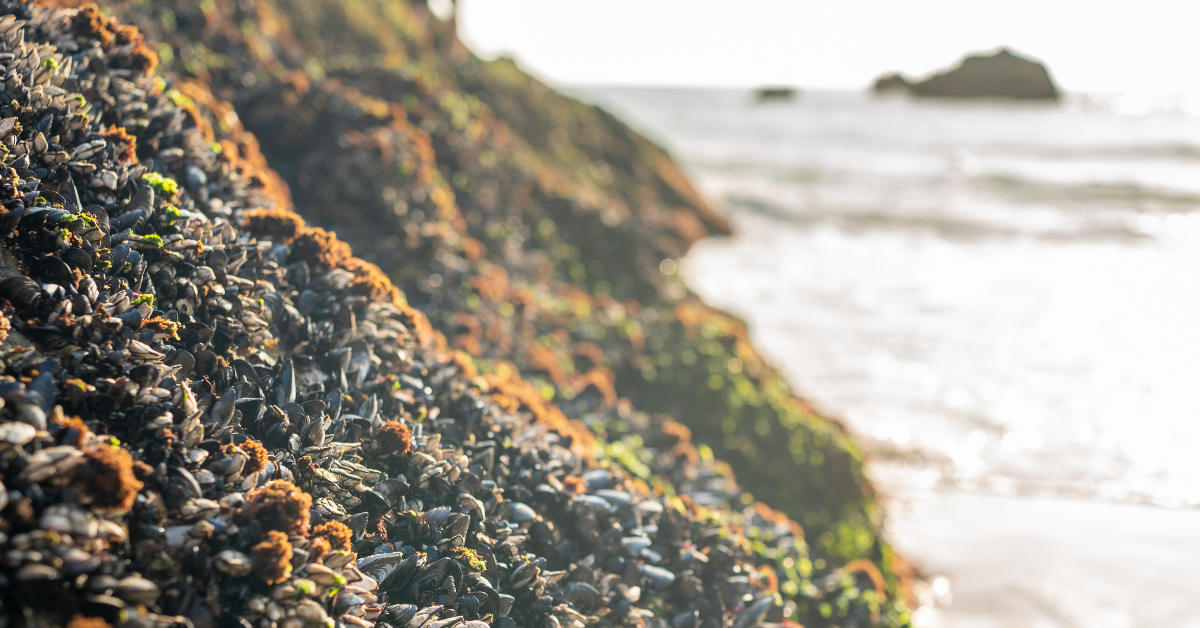Bysco, a start-up company located in western France, has discovered a way to recycle byssus into technical textiles. Byssal threads are thin fibers that allow bivalve mollusks, such as mussels, to attach to rocks and ropes, enabling them to survive waves and strong tides.
The meaning of the Latin name for byssus, i.e., fine linen, displays a potential that has not yet been exploited by companies that process mussels. Byssal threads can provide a sustainable alternative to synthetic fibers, materials from which boat hulls and ropes are commonly made. Byssus is a fiber similar to linen and is obtained from mussels in an amount of 3 g per kilogram.
What are the benefits of byssus?
Byssal filaments are light, yet strong; they resist fire and provide thermal and acoustic insulation properties. Important qualities for a material wrongly considered a waste for a very long time. It is estimated that France, the Netherlands, Spain, Portugal, and Italy have the potential to dispose of 5,000 tons of byssus per year each. This is an important figure that should promote the creation of productive alliances between the textile and shellfish sectors.
Present and future applications
Thanks to this partnership, Bysco produces thin rolls of flexible fabric and thicker panels, 1.20 m high, made by combining byssus with other types of fibers, vegetable or polymeric, ensuring products of 70% or more of organic origin.
Indeed, the properties of byssus make it possible to produce very strong textile materials that can be used particularly for thermal insulation in boat, camper van and converted van fittings. The next step for the startup will be to use the fiber for outfitting the interiors of naval, railway, and aircraft vehicles and for personal protective equipment.
Bysco plans to quickly reach production of 200 tons per year of the material, and then continue to increase this figure. By 2023, the company is expected to produce 50 tons, in parallel with the building of a production line that should be completed by the end of the year.
Currently, the cost of byssus fiber is higher than that of other competing fibers on the market, but the difference is driven by the sustainable footprint of a waste material, which can open up new scenarios in different sectors.
Source: emag.directindustry.com


